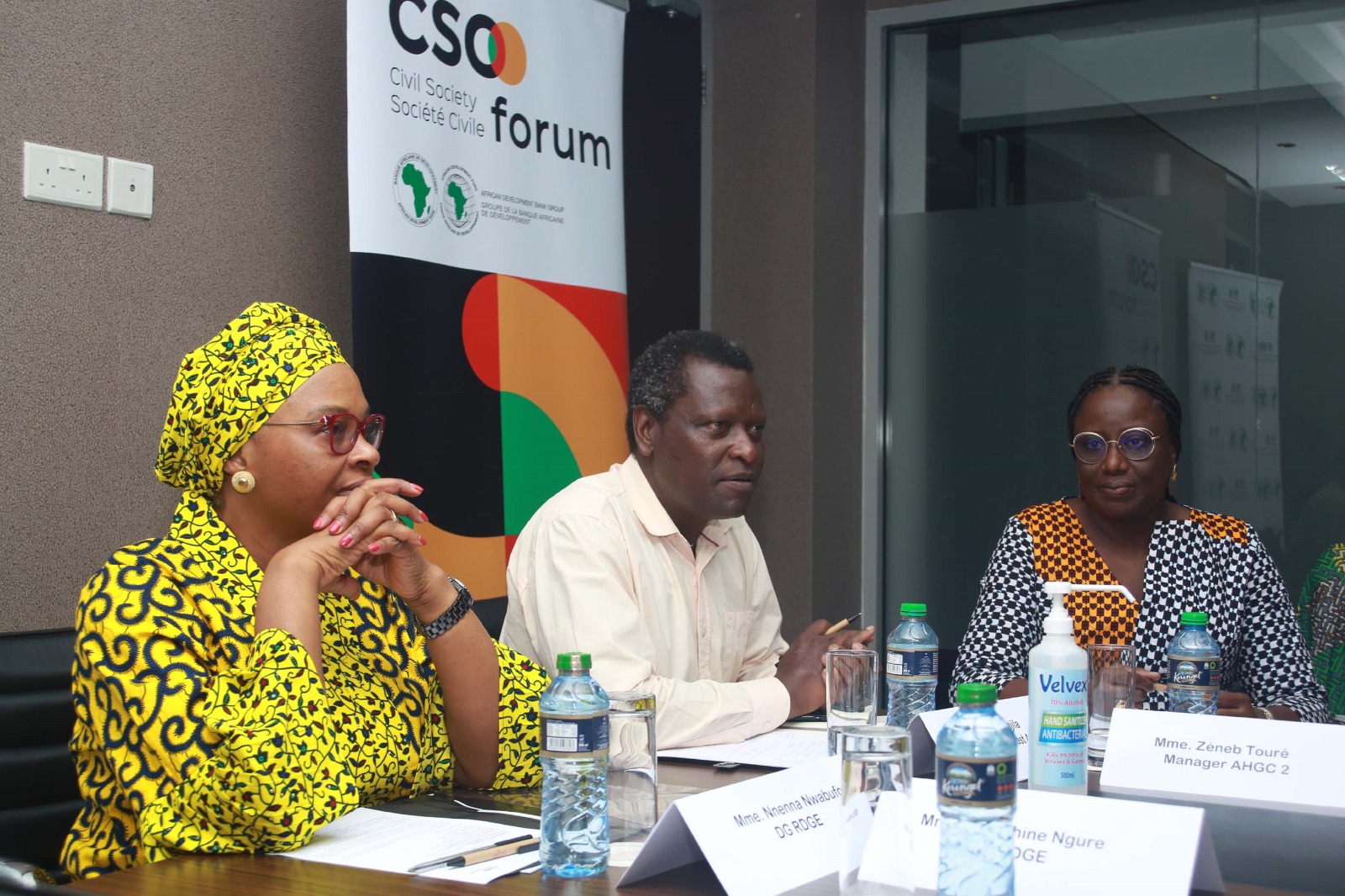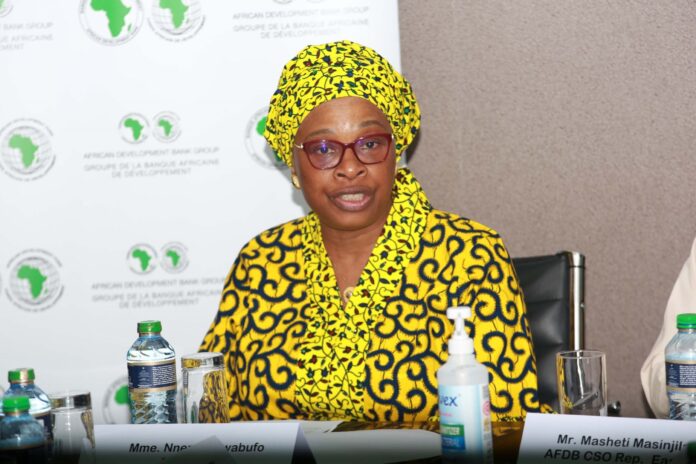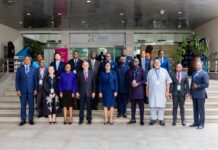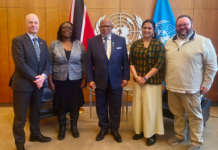By Lenah Bosibori
Nairobi, Kenya: Africa has contributed very little to the changing climate, with just about two to three percent of global emissions, it stands out disproportionately as the most vulnerable region in the world. This vulnerability is driven by the prevailing low levels of socioeconomic growth in the continent.
While climate change is global, the poor are disproportionately vulnerable to its effects. This is because they lack the resources to afford goods and services, they need to buffer themselves and recover from the worst of the changing climate effects. This is the case in Africa.
Speaking during a two-day 2023 Civil Society Regional forum for the East Africa Region, Nnenna Nwabufo, African Development Bank‘s Director General, East Africa Region said that Africa needs trillions of dollars to combat the impacts of climate change.
“Africa requires 10 trillion US dollars per annum if we are going to address climate change,” said Nwabufo during an interview in Nairobi. “However, one of the opportunities Africa has is that the development is still low compared to other parts of the world, that development that is very low gives us an opportunity that as we develop, we can make sure that our development is climate-smart and we can address the climate change,” added Nwabufo.
According to Nwabufo, Africa still gets a small share of the billions set out for mitigation. “Out of all the billions that are put into climate change, Africa still gets the smallest portion of it, we need to find a way for both governments, development partners, and private sector to raise the required funding, every year promise is made and those promises are very extricable compared to what Africa needs, added Nwabufo.

Nwabufo urged for the partnership of Civil Society Organizations who are crucial partners for the Bank, including when ensuring that mobilized resources reach and protect the lives of people in every corner of Africa.
“We do recognize the meaningful contributions NGOs make towards delivering the Bank’s mandate. We have this target to raise about 10 billion dollars for climate finance. We are doing very well so far as we look forward to seeing how we can generate more funding from all the climate finance funding sectors including NGOs for climate financing, said Nwabufo.
Nwabufo adds that the bank is addressing climate change both as a standalone and as well as projects like building roads. “We are supporting governments on policy levels and supporting capacity building. We are looking at how private capital can support climate change,” said Nwabufo.
According to Nwabufo, given the scale of climate impact in our region and across the continent, development finance alone will not be sufficient to raise the required funds to meet this climate change challenge.
“The African Development Bank is deeply committed to fostering collaboration, the challenges we face are interconnected and require a multidimensional approach. Our goal is to harness the collective power of governments, private sector actors, and civil society organizations to drive sustainable development on the African continent,” added Nwabufo.
Nwabufo emphasized that mobilizing private sector funding for climate change and green growth is not only important but necessary, the role that CSOs can play in this endeavor is vital.
“Civil society and community-based organizations are the conductors of raising awareness, engaging with communities to advocate for change, your voices are the instruments to hold governments and corporations accountable for their commitments,” added Nwabufo.














